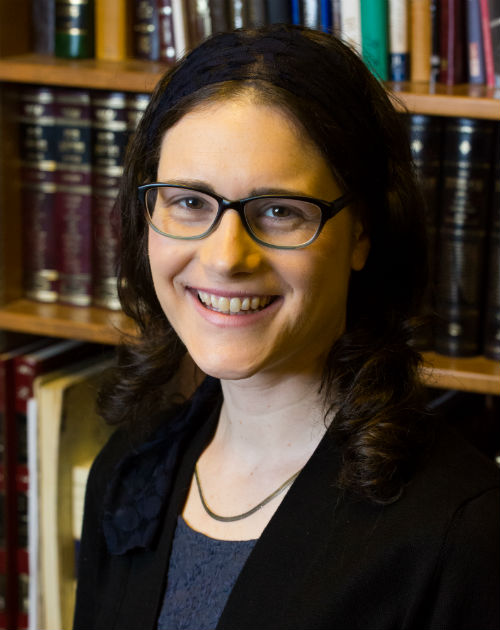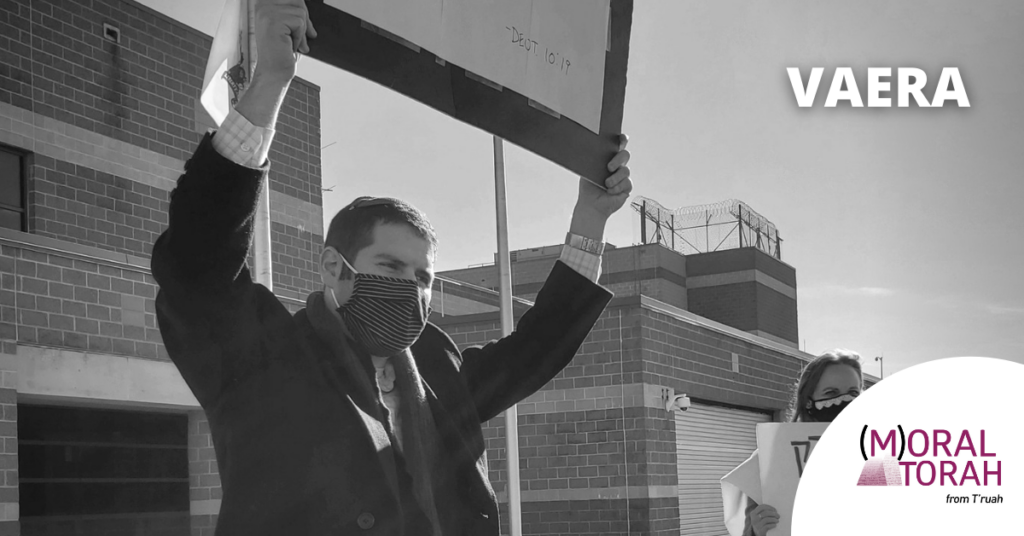
“The Lord has enabled us to possess this land because of our virtues” (?)
As this d’var Torah goes to print, we are in the middle of a second cease-fire, wondering whether this one will last beyond its three days. Nearly half of the casualties from this war are civilians, including hundreds of children. I believe that Israel not only should continue to exist but should thrive, with the...
read more







